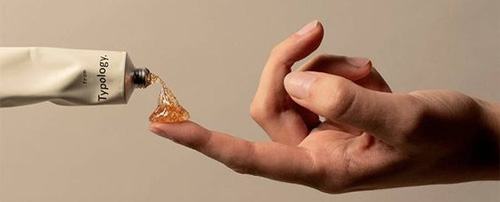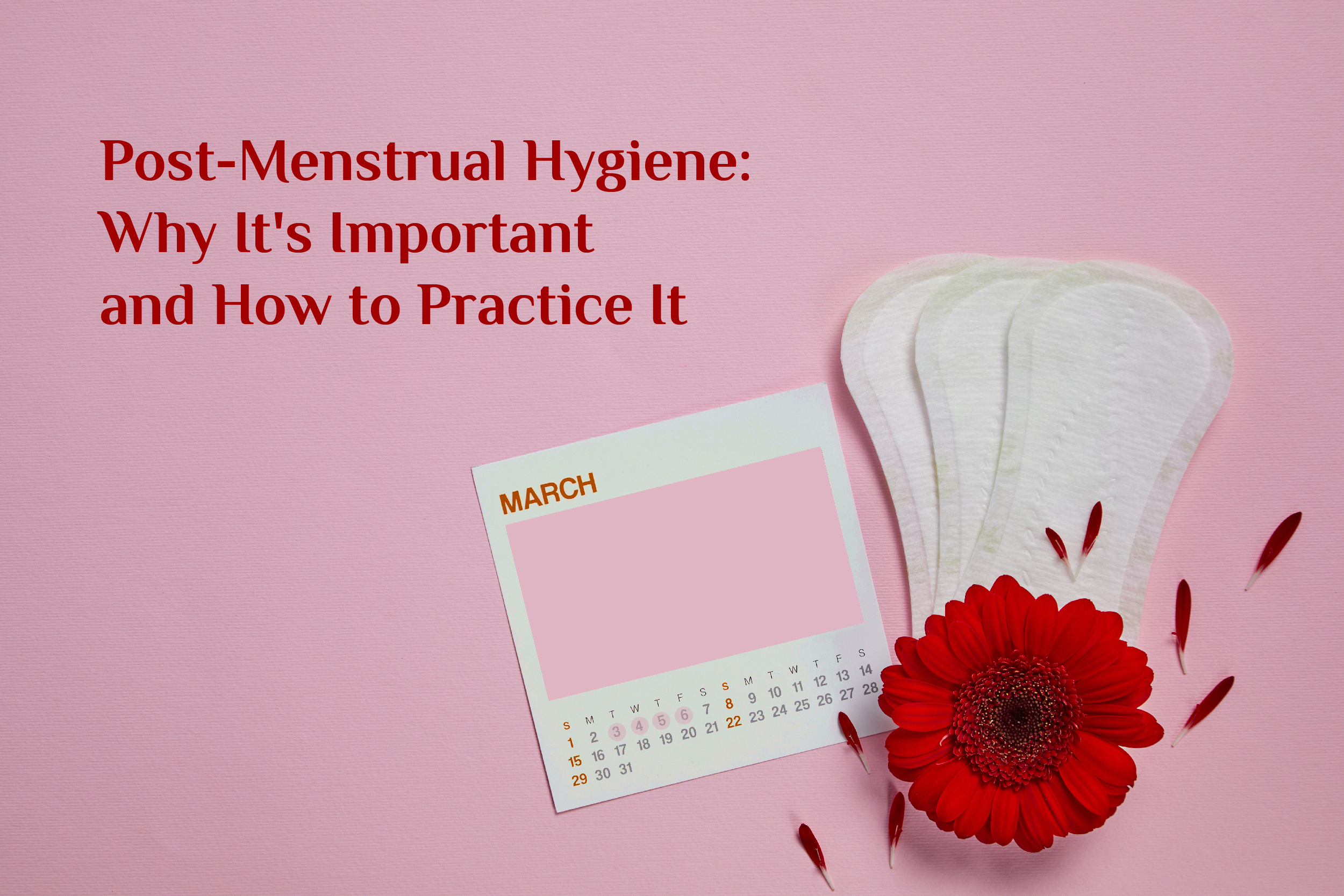Poor menstrual hygiene can lead to serious health risks, including reproductive and urinary tract infections, which may result in infertility and complications during childbirth. Failing to wash hands after changing menstrual products can also spread infections like hepatitis B and thrush.
Importance of menstruation rephrase
Menstruation plays a crucial role in the reproductive health of individuals, as it signifies the body’s natural cycle for preparing for pregnancy. It also helps regulate hormone levels and maintain the overall well-being of the reproductive system.
Post-menstrual hygiene is essential for maintaining vaginal and overall health after the menstrual cycle. During menstruation, the body sheds the uterine lining, and it’s important to take steps after your period to prevent infections, maintain hygiene, and restore balance.
Why Post-Menstrual Hygiene is Important:
- Prevention of infections: Menstrual blood can alter the pH level of the vagina, increasing the risk of bacterial or yeast infections if proper hygiene is not followed.
- Maintains vaginal health: Good hygiene practices help keep the vaginal environment healthy and balanced.
- Avoids odor and discomfort: Proper cleaning and care prevent unpleasant odors and irritation, which may be caused by leftover blood or bacterial growth.
- Promotes comfort and confidence: Taking care of your body after menstruation enhances comfort and fosters a sense of well-being.
How to Practice Post-Menstrual Hygiene:
- Change sanitary products frequently: If you’re still using pads or tampons towards the end of your cycle, change them regularly to avoid bacterial growth.
- Wash the vaginal area with water: Use clean, lukewarm water to wash your vulva. Avoid using harsh soaps or scented products, as they can disrupt the natural pH balance of the vagina.
- Wear breathable underwear: Cotton underwear allows airflow and prevents moisture buildup, which can contribute to infections.
- Maintain hydration: Drink plenty of water to support the body’s natural detoxification process and promote overall health.
- Change bedsheets and towels: It’s good practice to change your bedsheets and towels after your period to ensure cleanliness and reduce exposure to bacteria or bloodstains.
- Exfoliate and moisturize the skin: Menstruation can cause sweat and dead skin buildup. After your period, exfoliating the skin gently and moisturizing can help refresh and revitalize your body.
- Check for irritation or abnormal discharge: Be aware of any unusual symptoms like itching, burning, or abnormal discharge, as these could be signs of an infection. If you notice anything concerning, consider visiting a healthcare professional.
- Proper disposal of menstrual products: Ensure you dispose of tampons, pads, or menstrual cups in a sanitary manner, and wash your hands thoroughly afterward.
By following these simple post-menstrual hygiene practices, you can support your reproductive health and prevent discomfort or infection.
Enhancing menstrual hygiene and providing affordable menstrual products can greatly improve access to education for girls and women, leading to more opportunities for employment, promotions, and entrepreneurship. This can unlock women’s contributions to the economy rather than confining them to home. Additionally, the feminine hygiene industry is worth billions, and if effectively leveraged, it can create income opportunities for many and significantly drive economic growth.


